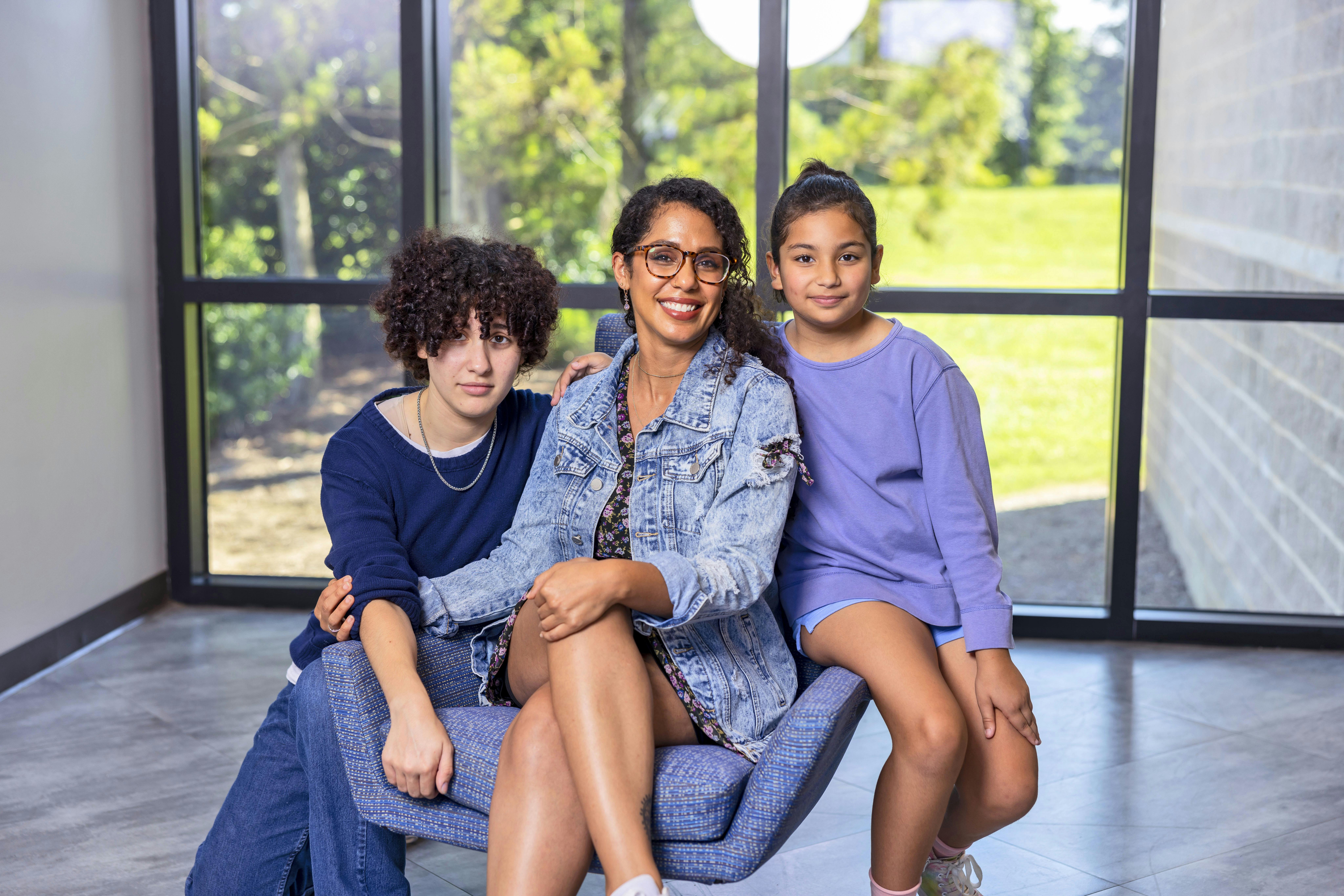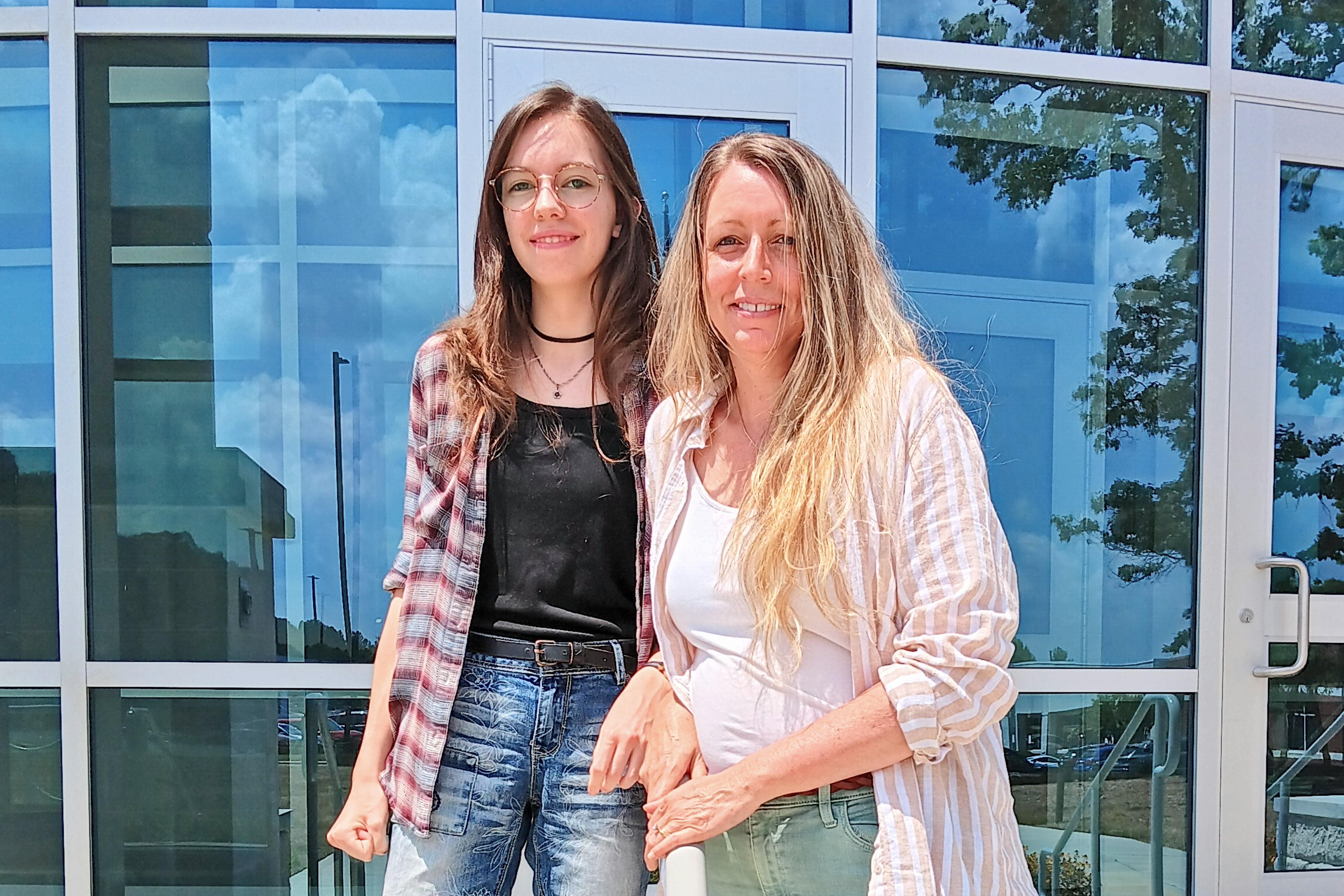Frequently Asked Questions
Students and families with questions about Leon’s Law can contact registrar@spcc.edu
How does this work with the Family Educational Rights and Privacy Act (FERPA)?
Leon’s Law doesn’t conflict with FERPA. It uses an existing FERPA exception: FERPA lets colleges share records with a parent if the student is a tax-dependent. Leon’s Law mandates applying this exception for minors under 18, instead of leaving it to the institution’s choice.
Who is considered a "parent"?
Under Leon’s Law and FERPA, a parent is defined as: a biological or adoptive parent, a legal guardian, or an individual acting as a parent in place of a guardian for a minor student claimed as a dependent on their most recent federal tax return.
What types of records can be requested?
With a verified request, records may include course grades, attendance, schedules, and student conduct records. Leon’s Law does not permit parents to attend classes, receive weekly grade updates, or make decisions for the student. It only grants access to official records through the proper request process.
Can parents contact instructors directly?
No, parents should not contact instructors or request information directly. Students should reach out to their instructors themselves or use the Parent/Guardian Request form above.
How will the college respond to requests for information?
South Piedmont will respond promptly after receiving the request, verifying the guardian, and gathering input from the relevant stakeholders. Requests will be sent by email.
Can a parent attend a meeting with their student's instructor?
Parents can join a meeting with their student and instructor only if the student is present and agrees.
What happens when a student turns 18?
Once a student turns 18, Leon’s Law no longer applies unless they are still claimed as a dependent under FERPA. In that case, the parent would still need to provide documentation.
Are parent’s allowed to sit in or observe a class?
Leon’s Law allows parents/legal guardians of minor dependent students to request access to their student’s education
records, but it does not grant the ability to observe a class.




